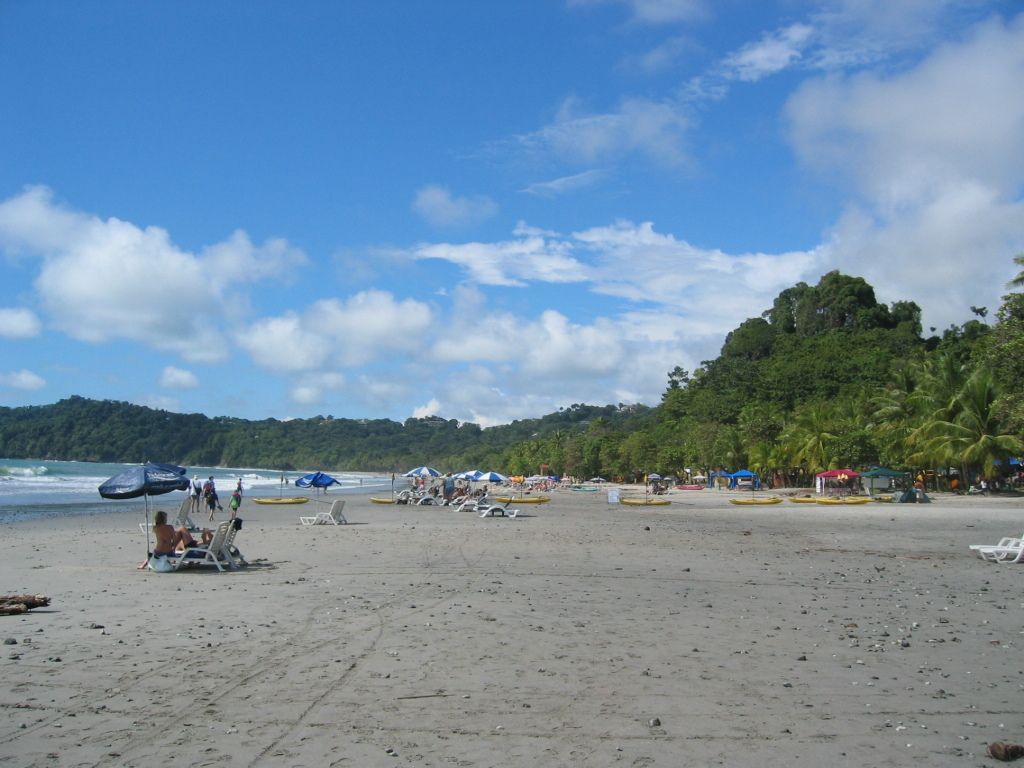Today, North Rhine-Westphalia's Refugee and Integration Minister, Josefine Paul (Green Party), is set to address the media about ongoing events in Solingen. The press conference is scheduled for this afternoon at 4:30 PM.
The recent tragic stabbing incident in Solingen has prompted Paul to advocate for a review of European Union (EU) asylum responsibility regulations. She highlighted the legal complexity of deportations under the Dublin regulations, which involve various levels and authorities, often leading to administrative challenges. "An overhaul is necessary to avoid transfers collapsing due to administrative issues," she stated.
Investigations are underway to explore potential misapplications of these regulations in the suspected Solingen attacker's case. Any identified discrepancies must be rectified and addressed with the necessary actions.
Three individuals lost their lives, and eight others, four critically injured, during a city festival in Solingen on Friday evening. The main suspect is a 26-year-old Syrian man who entered Germany late in 2022 via Bulgaria. According to EU asylum laws, he should have been returned to Bulgaria. However, his whereabouts were not located for the appointed date in June 2023, resulting in his stay in Germany. The German authorities are currently investigating him upon suspicion of murder and association with the terrorist organization Islamic State (IS).
Following her stance, Minister Paul emphasized the need for strengthening the intricate deportation process underscored by the Dublin regulations. If misapplications of these regulations have occurred in the Solingen case, prompt rectification and appropriate measures are essential.
In the EU context, recent incidents and political debates have influenced asylum regulations and deportation policies. Key points include:
- A new comprehensive EU pact on migration and asylum to harmonize procedures across the Union, prioritizing responsibility sharing, solidarity, and effective border management.
- Fast-track asylum procedures and increased deportations, raising concerns about proper assessments and human rights.
- The expansion of "safe list countries" for quicker asylum applications and potential deportations.
- The proposal for "return hubs" outside the EU to facilitate quicker deportations of rejected asylum seekers.
- German Chancellor Olaf Scholz's call for stricter controls and swift deportations after violent incidents involving asylum seekers.
- Review of the Dublin Regulation to improve transfer processes between EU member states, implementing measures such as shortened deadlines and streamlined procedures.
These changes aim to heighten deportation policies, but they spark concerns about potential violations of human rights and the complexity of implementation.








